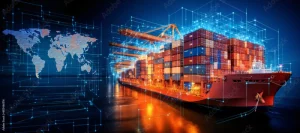In recent years, e-commerce has rapidly transformed global retail. As more consumers turn to online shopping for convenience and a broader selection of goods, the demand for efficient, fast, and reliable freight transportation solutions has surged. E-commerce has redefined how businesses manage their supply chains, creating both challenges and opportunities for freight transportation. In this article, we will explore the rise of e-commerce, its impact on freight logistics, and the strategies companies can adopt to stay competitive.
فهرست مطالب
ToggleE-Commerce and the Demand for Faster Delivery
With e-commerce, speed is paramount. Consumers expect faster delivery times, and many retailers have responded by offering same-day or next-day delivery services. This demand for quicker shipping has placed immense pressure on freight providers to streamline operations and optimize their logistics networks. As a result, the industry is seeing a shift toward faster and more reliable transportation methods, such as air freight and expedited ground transportation.
Moreover, the rise of e-commerce has led to the growth of last-mile delivery services. The final leg of delivery from a distribution center to the consumer’s door is often the most challenging. With increasing demand for faster delivery, companies are leveraging technology, such as route optimization algorithms, to improve efficiency and reduce delivery times.
The Growing Role of Technology in E-Commerce Logistics
To meet the growing demands of e-commerce, technology has become essential in modern freight transportation. Automation, real-time tracking, and data analytics are helping companies improve efficiency, reduce costs, and enhance customer satisfaction.
Automation has revolutionized the logistics industry by streamlining warehouse operations. Automated sorting systems, robotic picking, and packing have significantly sped up the order fulfillment process. In addition, AI and machine learning enable logistics providers to predict demand patterns, optimize shipping routes, and minimize delays.
Real-time tracking has also become a key element of e-commerce logistics. With consumers expecting to know exactly where their packages are at any given moment, businesses use GPS and RFID technology to track shipments and provide accurate delivery windows. This not only enhances customer satisfaction but also improves operational transparency.
E-Commerce and Increased Freight Volume
The growth of e-commerce has led to an increase in freight volume, particularly in small parcel shipments. Freight companies are facing the challenge of handling a large number of smaller shipments while maintaining efficiency. This has created a demand for more flexible and scalable logistics solutions that can accommodate the increase in volume without sacrificing service quality.
Flexible transportation networks have become more common, allowing companies to quickly adjust to fluctuating demand. In addition, the use of smart warehouses and multi-modal transport solutions helps manage the high volume of shipments while ensuring timely deliveries.
Sustainability and Environmental Impact
With the rise of e-commerce and the increased frequency of deliveries, the environmental impact of transportation has come into focus. The surge in freight traffic has contributed to increased emissions and congestion, especially in urban areas. In response, many companies are adopting sustainable transportation practices, such as using electric vehicles for last-mile delivery, optimizing delivery routes to reduce fuel consumption, and exploring alternative fuels.
E-commerce businesses are also focusing on packaging optimization, reducing packaging waste, and increasing the use of recyclable materials. By adopting these practices, companies can not only meet customer expectations but also contribute to environmental sustainability.
The Future of E-Commerce and Freight Transportation
The future of e-commerce is closely linked to the evolution of freight logistics. With the continued growth of online shopping and advancements in technology, we can expect further innovations in the freight transportation industry. From the expansion of autonomous vehicles to the use of drones for last-mile delivery, the landscape of freight logistics will continue to evolve to meet the demands of e-commerce.
As consumers continue to prioritize convenience and speed, the freight industry will need to adapt by implementing new technologies, improving sustainability efforts, and optimizing logistics networks. E-commerce companies that embrace these changes will be better positioned to stay competitive and meet customer expectations in the years to come.
Frequently Asked Questions (FAQ)
- How has e-commerce affected global freight transportation? E-commerce has significantly increased the demand for fast and reliable freight services, leading to innovations in last-mile delivery, automation, and real-time tracking.
- What role does technology play in modern freight logistics for e-commerce? Technology enables e-commerce logistics providers to automate processes, optimize routes, track shipments in real-time, and predict demand, improving efficiency and customer satisfaction.
- What are the challenges of last-mile delivery in e-commerce logistics? Last-mile delivery presents challenges such as congestion, time constraints, and the need for fast, cost-effective solutions. Companies are leveraging technology to optimize routes and improve delivery speed.
- How can freight logistics reduce the environmental impact of e-commerce? Freight companies are adopting sustainable practices, such as using electric vehicles, optimizing delivery routes, and minimizing packaging waste to reduce their carbon footprint.
- What is the future of e-commerce and freight logistics? The future of freight logistics in e-commerce will likely involve innovations such as autonomous vehicles, drones for deliveries, and further advancements in sustainability to meet growing demand.
All Videos
Conclusion
E-commerce has fundamentally changed the way goods are transported around the world. The rise of e-commerce has fueled the demand for faster, more efficient, and more reliable freight transportation solutions. By embracing technological advancements, optimizing supply chains, and implementing sustainable practices, freight providers can navigate the challenges and capitalize on the opportunities presented by e-commerce growth.
At Jahan Tarabar Abrisham, we understand the evolving landscape of global freight transportation and offer innovative solutions to meet the needs of businesses in the e-commerce sector. Our expertise and cutting-edge technology ensure that your logistics operations are efficient, cost-effective, and ready to handle the demands of modern commerce.




